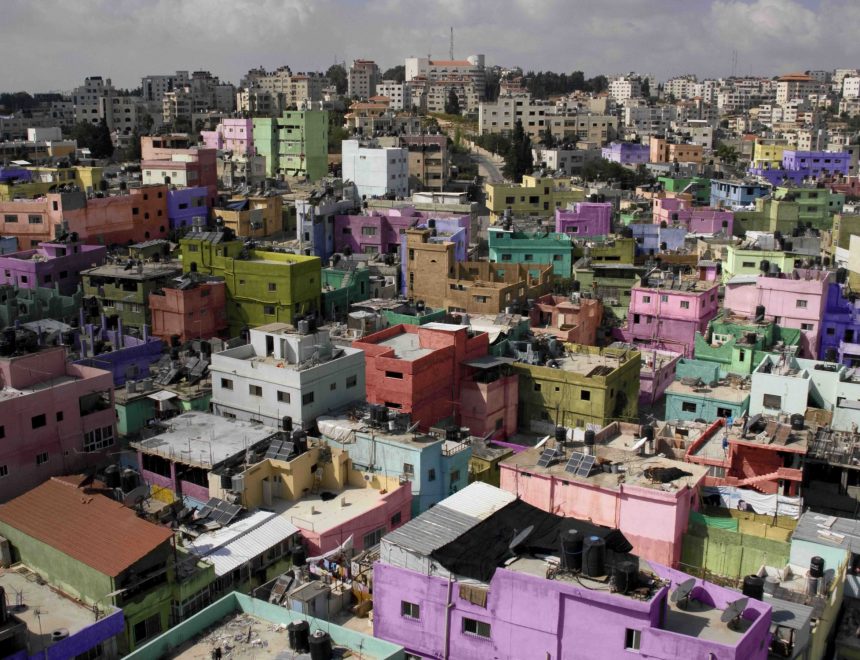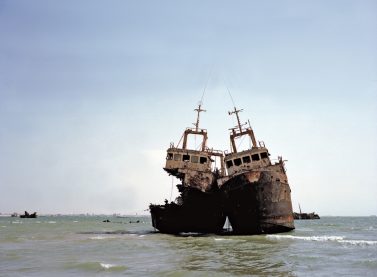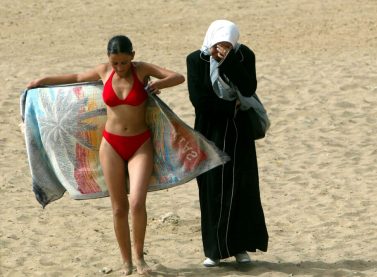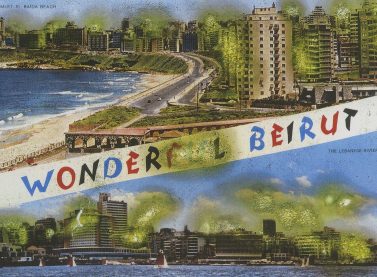Inhabiting the Mediterranean
Beyond the idyllic view of the Mediterranean Sea portrayed in the early 20th century by northern painters who were fascinated by its light, the Mediterranean has encompassed a superimposition, mingling and confrontation of languages, cultures and religions since the beginning of history. It is also an urban context, consisting of historic cities that have been destroyed and rebuilt, illusory holiday agglomerations and camps of people who do not have access to the city.
The Mediterranean has been a home for citizens since ancient Greece, which involves rejection of people who make it possible for the city to live but to whom the status of citizen is not granted, and it forms the setting for habits and customs and ways of life, shaped by a habitat that allows them to breathe or constricts them. The Mediterranean Sea is water that runs deep.
Inhabiting the Mediterranean is an exhibition with a mosaic of images, of ancient and contemporary works, of artists from all its shores, all translating the complex, contradictory, inclusive and exclusive image of peoples and cities, erected with walls that allow passage or present a barrier, beneath a light that illuminates or blinds.
Artists included in exhibition: Herbert List, Anna Marín, Camille Henrot, Ali Cherri, Ursula Schulz-Dornburg, Marwan Rechmaoui, Rayyane Tabet, Susan Hefuna, Zarina Hashmi, Dora García, Le Corbusier, Ismaïl Bahri, Joan Hernández Pijuan, Juan Muñoz, Hrair Sarkissian, Sergi Aguilar, Gabriele Basilico, Abbas Kiarostami, Taysir Batniji, Jordi Colomer, José Manuel Ballester, Juan Uslé, Marie Menken, Maria Lai, Tonino Casula, Albert García-Alzórriz, Dieter Roth and Richard Hamilton, Till Roeskens, Massinissa Selmani, Anne-Marie Filaire, Mohammed Al-Hawajri, Majd Abdel Hamid, Khaled Jarrar, Rami Farah, Randa Mirza, Anila Rubiku, Kader Attia, Martin Parr, Vasantha Yogananthan, Julia Schulz-Dornburg, Carlos Spottorno, Corinne Silva, Yazan Khalili, Efrat Shvily.






